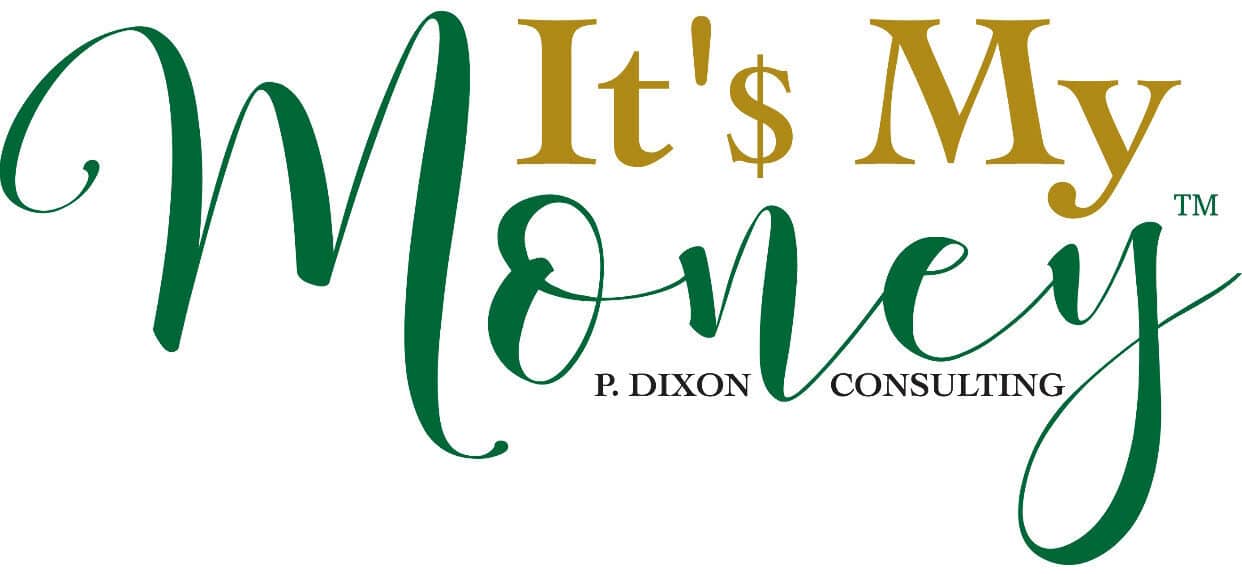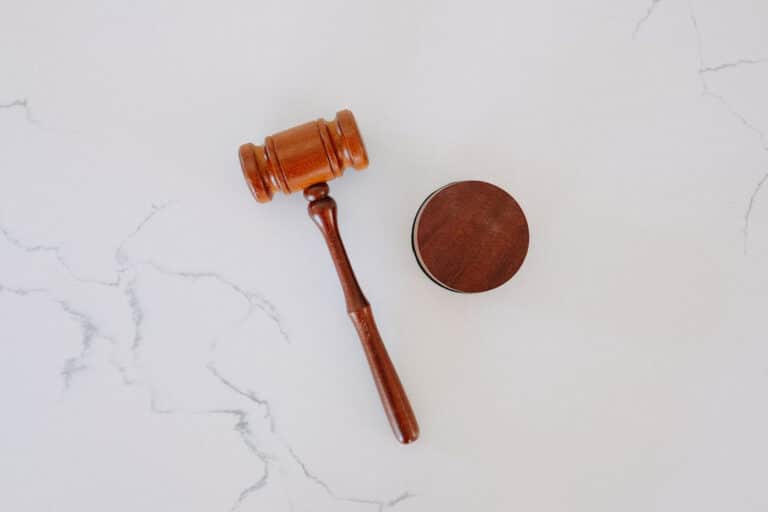Care about Credit: The Journey to Better Scores and Better Health
This post may contain affiliate links. For more info read my disclosure.
Credit is extremely important, especially when understanding the need for it and the way it will affect your life. We often throw around the words credit card, credit score, credit… without even fully comprehending what it means. In collaboration with Experian, I jump on X (previously Twitter) and chat back and forth during their #CreditChat to answer questions. Inspired by the recent interaction, this week’s blog is going to be some credit basics to help you jumpstart your credit journey and or improve your current placement and score.
It’s important to note that these tips and tricks are not overnight fixes and if you have years of low credit history and or have been on a sudden decline, it may take months to years to see significant change. This process is all about patience and drive. Don’t give up if you don’t see sudden change because realistically, that just won’t happen! Make sure to keep note of all the things you continue to do, and seek additional professional help if you need extra assistance.
Defining Credit
What is credit? It is receiving money, products, or services with a promise to pay back. It negatively impacts your financial health if you don’t pay as promised. This is why it’s important to stay organized and be on time and aware of payments. You can do this by the following:
- Prioritize Timely Payments
- Maintain Low Credit Utilization
- Embrace a Diverse Credit
- Be cautious when applying for new credit
- Keep monitoring your credit score
- Only charge what you can pay off in its entirety
Credit is used to make large life decisions including purchasing car insurance, utilities, rent or mortgage, and even sometimes promotions for high-level positions. This is why it’s so vital to CARE ABOUT CREDIT! To read more about in-depth ways, check out this past blog!
Credit History. Let’s run it back.
Credit history is very, very important to your current credit score. When you don’t have a credit history you can be seen as a risk as your history gives the potential lender an idea if you pay as agreed. This is why it’s vital to begin building a GOOD credit history and finding a way to build off of that baseline. If you don’t have a credit history in the past, there are a few ways you can begin building it up.
Secure Credit Cards: Secure credit cards are a great way to begin building credit without prior authorization or “check needed”. Essentially this card allows you to set a limit, let’s say an example of $200. You send the company $200 dollars and then your credit limit is that amount. The company keeps that $200 dollars and then you can begin using the credit card like any other card. Make sure you continue to pay on time! To listen to more details on secure credit cards, listen below.
Authorized User: If you can find someone trustworthy and willing too, you can be asked to be added on as an authorized user on their credit card. What does this mean? Their activity is factored into building your credit score as well. This is a great option for kids and parents (as long as the parents are paying on time, being responsible, and not leaving balances or creating more debt). This option is a bit riskier but extremely helpful for those just starting off.
Building a comprehensive history is much more important than you think. As you begin your journey make sure to pay your bills on time, try not to max out your card, and if you have to carry a balance try and carry less than 20% of your available balance.
Checking your credit score… will it drop?
Believe it or not, credit scores SHOULD be maintained and checked on regularly. It’s extremely important when it comes to checking for fraudulent transactions and where to improve. Make sure you are checking your score with valuable sources as well. Sometimes your credit cards will have an attached credit score summary, but you can also check reports online as well. Be proactive- not reactive. Don’t move when it’s too late! The idea that your score would drop is very much a myth!
Scores and Reports… are they different?
You’re used to probably seeing those commercials on credit scores and hearing about reports run… but they aren’t the same thing. Credit reports give full details of the various credit lines you have, and your credit score is a 3-digit # that represents the grade of your credit history.
FICO Credit Score is made up of the following:
Type of Credit: 10%
New Credit: 10%
Amount Owed: 30%
Payment History: 35%
Length of History: 15%
Prioritizing Finances = Healthy Lifestyle
Continue to remember that by prioritizing you’re finances, you are prioritizing your sense of self, mental health, and well-being. The idea that financial trauma can easily affect us, goes way beyond our wallet. Remember to not doubt yourself and that mistakes can happen! It’s how you choose to fix them and turn yourself around that will help you out of the rut. You must start somewhere but you need to put in the work as well!
I’ve curated some amazing resources for you to help you on your journey that you can grab for free here!







